A Life Science service driving game-changing global breakthroughs and improving patients’ lives. Here to make sure your next move counts.
Drug discoveryCreating momentum by mobilising the right people and partnerships, stimulating innovation through our national programmes.
Global challengesWe work with the most innovative entrepreneurs on the brink of discovery, helping them turn their vision into an effective business plan and giving them a greater chance of commercial success.

Medicines Discovery Catapult de-risks new medicine discovery, provides access to technologies, skills, and knowledge, and runs impactful R&D partnerships.
We connect innovators to a broad and diverse support network for the next step of their journey. We provide insights, critical commentary, and guidance for the sector and the development of new policy.
We are part of the Innovate UK Catapult Network, co-funded by industry and government. We are not-for-profit and commercially driven. We reinvest time, money, resources and discoveries back into Life Sciences to help our sector thrive.
Find out moreWe have supported 389 innovators, helping them raise over £1.8bn of R&D investment and supporting them to take five new drugs to clinical trials.
Our impactSME funding secured post-engagement
grant income raised in collaboration
compounds supported into the clinic
partner products progressed to market
assays supporting clinical development
organisations supported

We de-risk new medicine discovery and provide access to technologies, skills, and knowledge.
Our experts apply the very best new laboratory technology to validate ideas. We help build long-term success to reshape drug discovery.
We use our expertise and networks to design robust R&D roadmaps for the quickest, safest route to patients and commercial success.
We use our global connections to create momentum for innovators so they can access broader support, secure investment, and get to market.
Explore more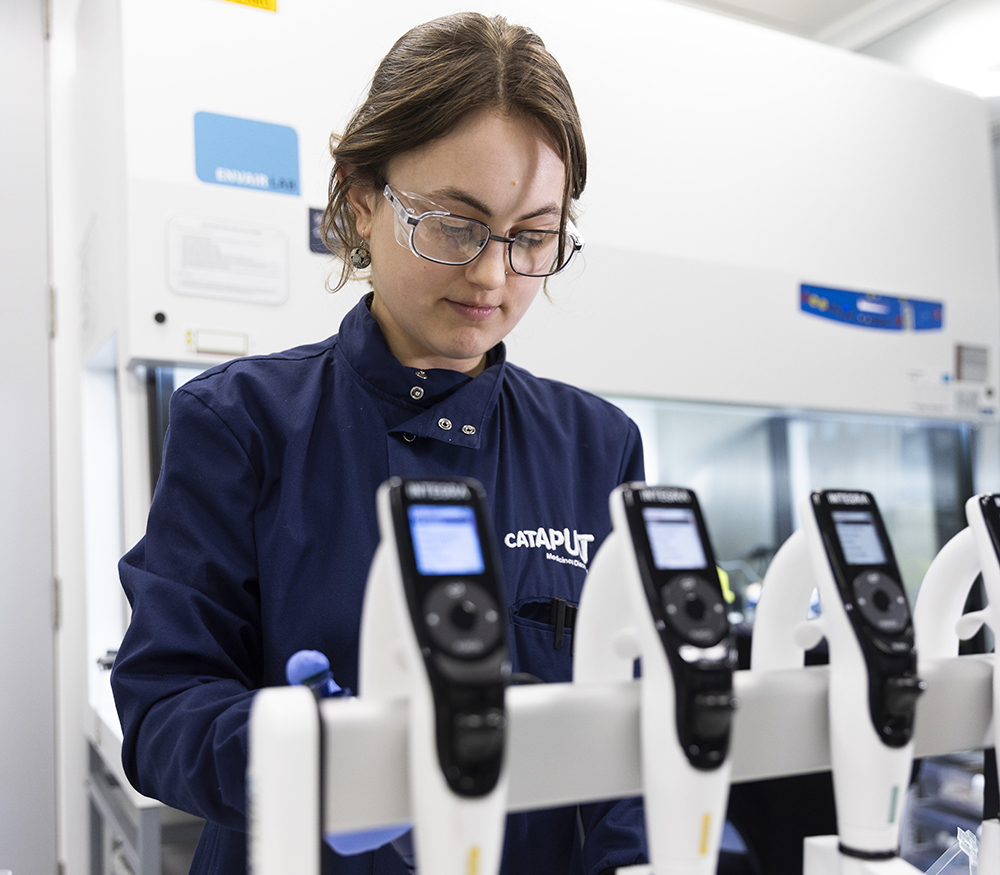

Partnering with the MDC has been transformative for Innate Repair. Their world-class expertise and facilities allowed us to conduct complex oncology experiments quickly, cost-effectively, and to the highest scientific standards. MDC is an exceptional partner for any biotech aiming to accelerate innovation.
Innate RepairMedicines Discovery Catapult R&D consulting provided Apeikon Therapeutics with clear direction and structured guidance, helping us define a robust product development plan. Their expertise streamlined our vision into actionable steps, accelerating progress and ensuring strategic alignment.
Apeikon TherapeuticsCPSA is an ingenious extension of the target engagement toolbox. It is easier to upscale and control in high throughput screening applications than currently available methods. With exemplary support from MDC we have smoothly incorporated it into our Drug Discovery pipeline.
SelvitaMDC’s R&D consulting has been transformative, refining our HT8457S strategy with scientific rigour, identifying and mitigating risks, and strengthening our business model, significantly enhancing Haiku’s credibility.
Haiku TherapeuticsThe partnership with MDC has allowed us to secure multiple Innovate UK grants and utilise capabilities such as state-of-the-art PET, which aren’t available elsewhere.
Alchemab TherapeuticsFor the first time, we have been able to generate a map of lung fibrosis in 3D at the tissue scale. Collaborating with MDC has been key to its success. Their expertise has supported the successful integration of state-of-the-art technologies, establishing a valuable new resource for the lung fibrosis community.
University of SouthamptonWorking with MDC allowed us to visualise drug distribution in the brain with a level of clarity we hadn’t achieved before. Their expertise in DESI-MS and willingness to design a project that met our demands provided powerful insights into diffusion patterns, giving us confidence in our compound’s delivery.
TargTexWe worked with the Mass Spectrometry team at MDC to help set up and run a complex biochemical assay. The project was technically demanding, but the deep expertise, knowledge and collaborative approach allowed the team to troubleshoot the many challenges and successfully deliver a viable approach.
OppilotechThe team at MDC shares our passion for bringing forward innovative medicines, pioneering new technologies, and operating with data-driven flexibility. They have been integral to our project success and possess unique capabilities to support later-stage candidate selection. A truly valued collaborator and dependable partner.
ArtbioElasmogen was impressed by the quality and rapid delivery timelines for our radiopharmaceutical dosimetry data. There was good interactivity in this project, and we are happy to recommend this service.
ElasmogenOur collaboration with Medicines Discovery Catapult will not only enable us to engage with the wider scientific community but will also allow us to unlock the potential of Acoustic Mass Spectrometry within drug discovery.
Innovative Medicines and Early Development (IMED) Biotech Unit, AstraZenecaIt’s been absolutely amazing working with MDC and the team.
LUNAC TherapeuticsMDC supported us in developing a therapeutic for Huntington’s Disease through antibody characterisation, iPSC model development, biodistribution studies, imaging and neurodegenerative expertise.
Alchemab TherapeuticsWe worked together with MDC on a very challenging and demanding project. The MDC team’s expertise in MSI, commitment and flexibility were key to a successful collaboration and reaching our objectives.
TargTexMDC are as involved in our project as the founding team, going above and beyond what I expected. I recommend them to new ventures starting out; even if you don’t know exactly what you need, the team can work with you to achieve some phenomenal results.
KLAS TherapeuticsWorking with MDC has provided expertise and intellectual input. It has also enabled access to a wider network of companies providing specialist services.
N4 PharmaBy tapping into MDC’s unique drug development expertise and facilities, we are confident we will accelerate the preclinical development of our drug delivery system and its commercialisation.
Sixfold BioscienceIt has been a pleasure working with MDC as their scientists are pleasant and have a broad range of talents.
Importantly for projects like ours, they openly and professionally exchange ideas with SMi’s scientific team and keep us abreast of their research developments.
It has been great to access the Artificial Intelligence expertise at Medicines Discovery Catapult.
The team has taken an innovative approach that adds value to our product and will benefit our customers.
As an SME, working with MDC allows us access to scientific know-how and in vivo imaging techniques that would be impossible through any other route. The closeness, timeliness and flexibility of the collaboration significantly accelerated our ability to develop the product.
Xerion HealthcareWe have collaborated with MDC for three years, and it continues to provide valuable and high-quality data on our molecules. MDC’s input has directly impacted operational and strategic decisions for our projects and allowed us to move forward with our clinical studies.
Revolo BiotherapeuticsFor early-stage SMEs in this space, I thoroughly recommend engaging with MDC, who have the end-to-end knowledge in complex medicines, can support your in-house team and provide access to key equipment that start-ups may not have.
pHion Therapeutics


We tackle global challenges in Life Sciences by stimulating innovation and addressing unmet patient need through our national programmes.
We connect patient communities, charities, global biotechs, academia, and pharma to accelerate discoveries and improve lives.
Find out moreRead our stories showcasing how we have helped drug discovery SMEs and innovators.
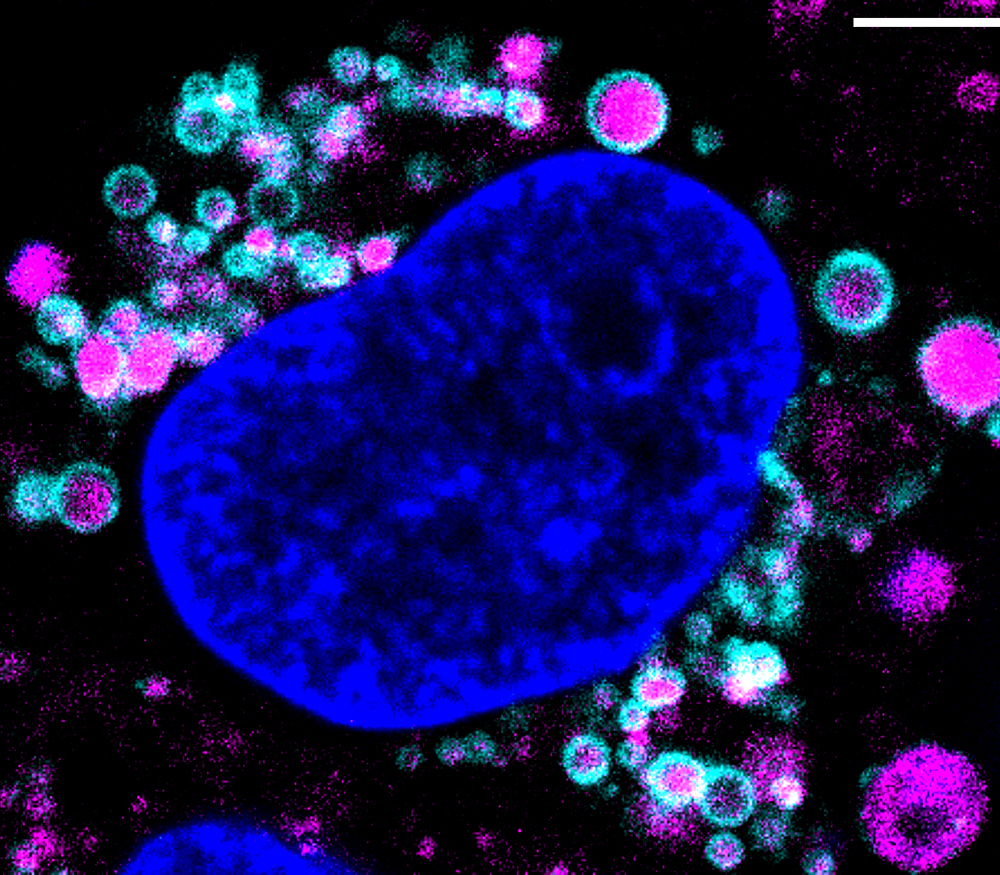
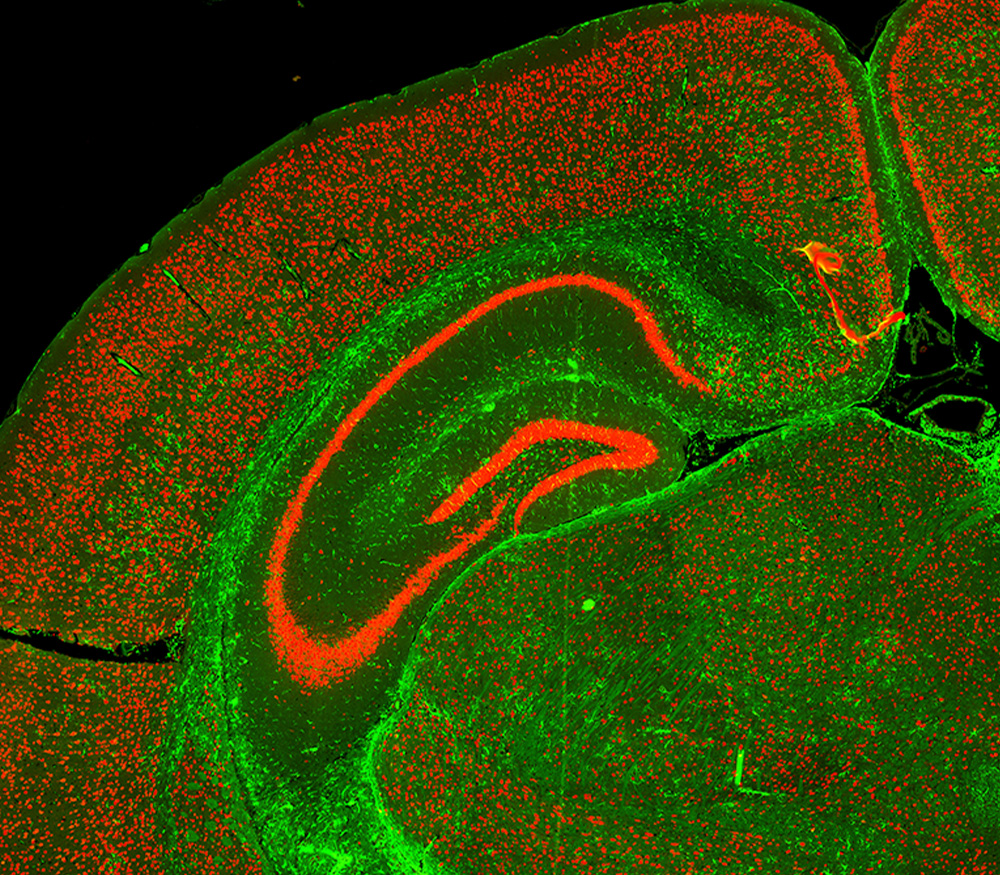
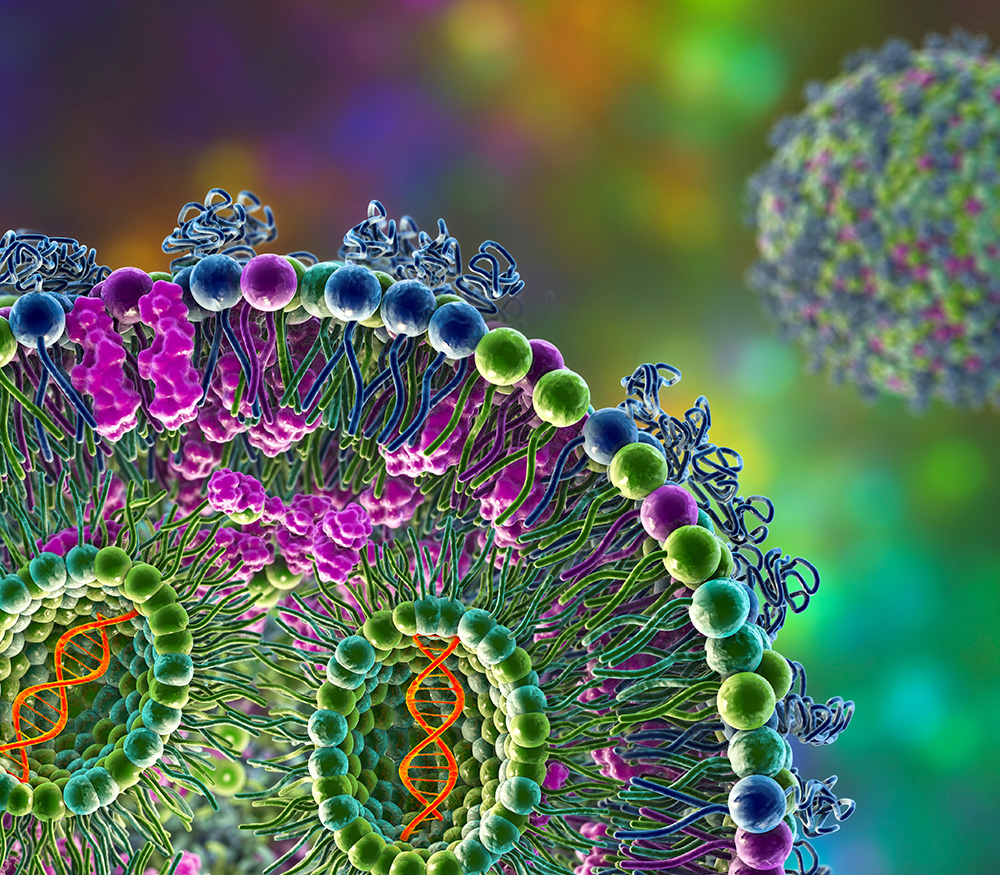
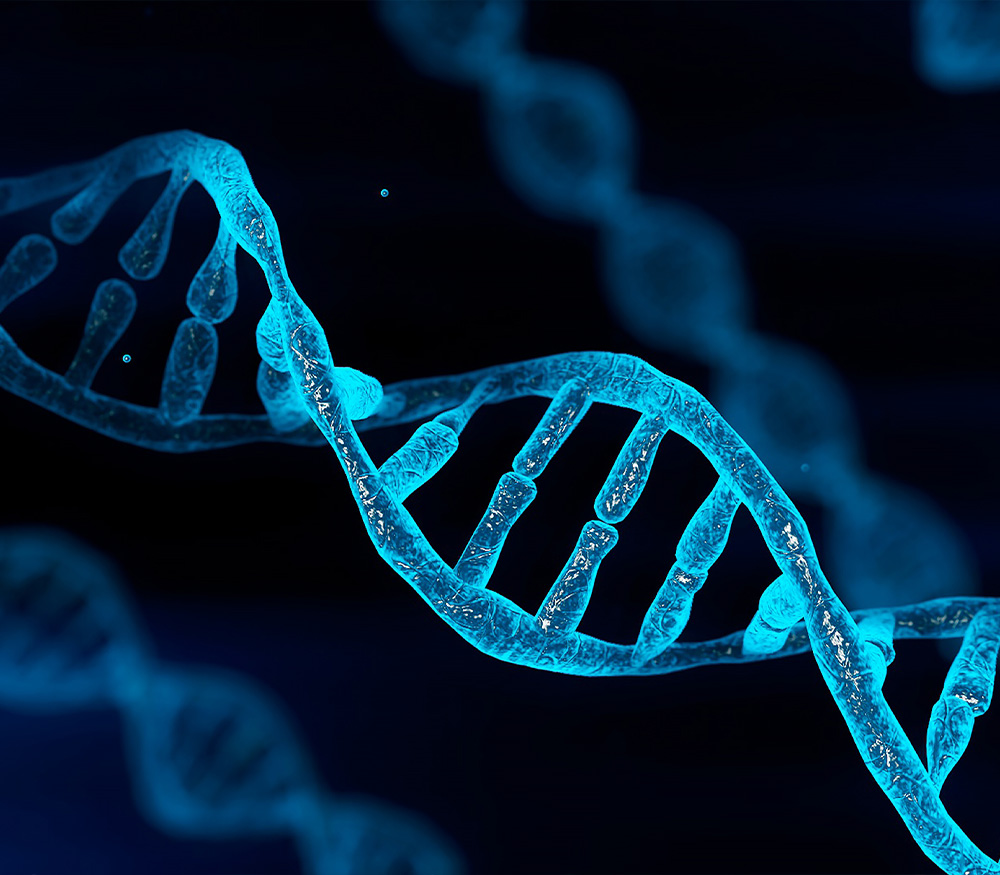
We can support you with our R&D consultancy, Collaborative R&D services, and grant support.
Learn moreNews, blogs, events, reports and more. Our latest press releases, media appearances, events and news commentary.
Our latest press releases, media appearances and news commentary.
Take a look at the events and global conferences we are speaking at.
Written by our own experts or members of the drug discovery community.
Recent scientific reports featuring contributions from our scientists and members of the drug discovery community.
Our latest recordings and webinars showcasing our innovative scientific collaborations.
Recent articles and papers featuring contributions from our scientists.
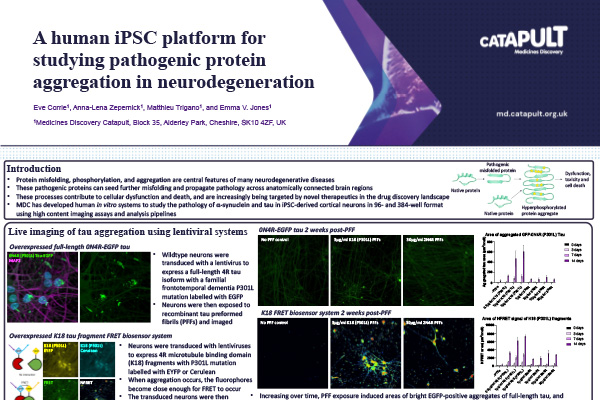
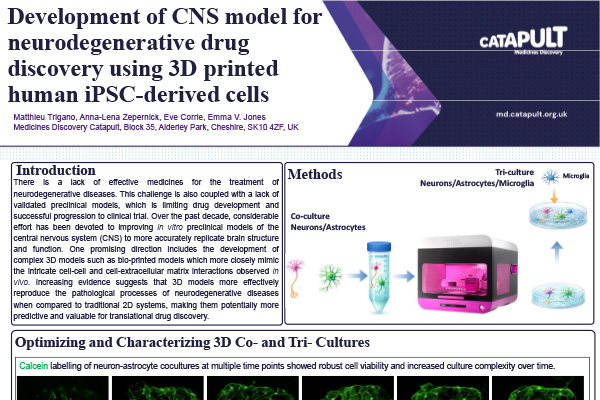
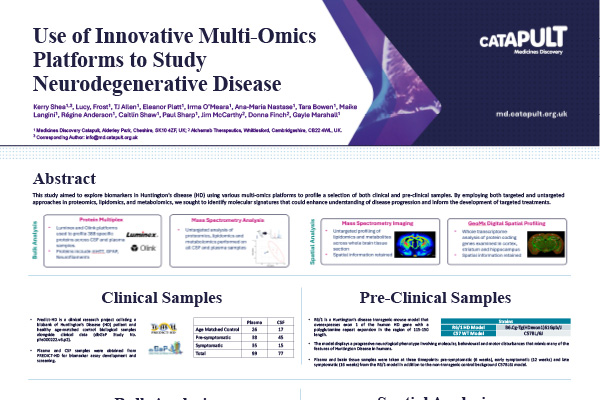
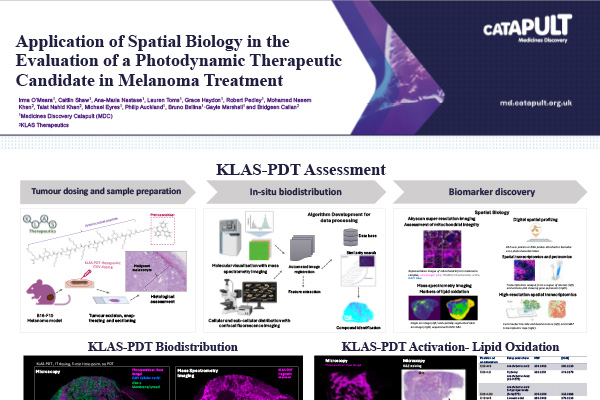
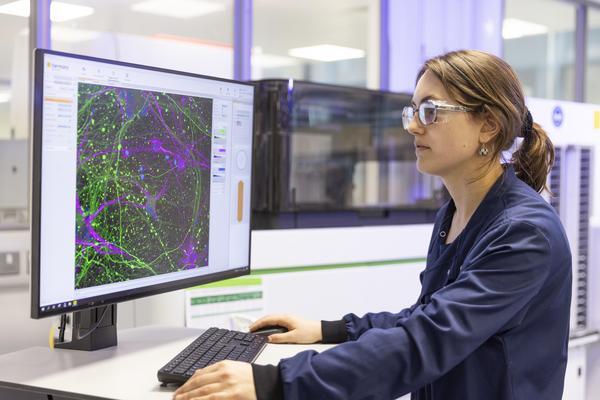
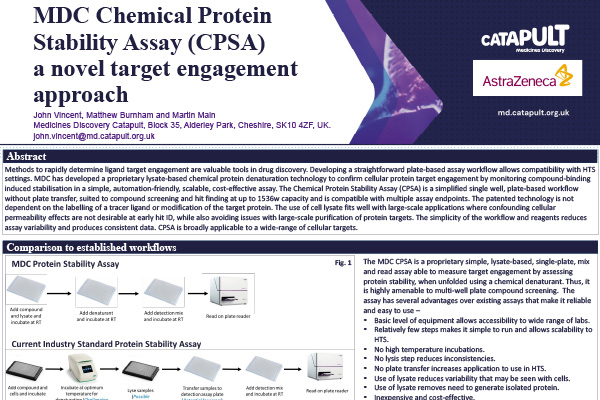
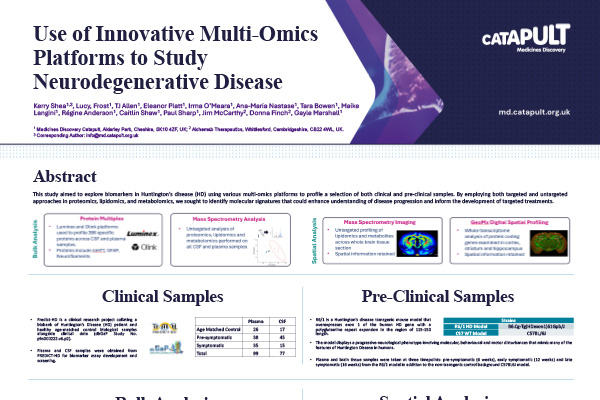
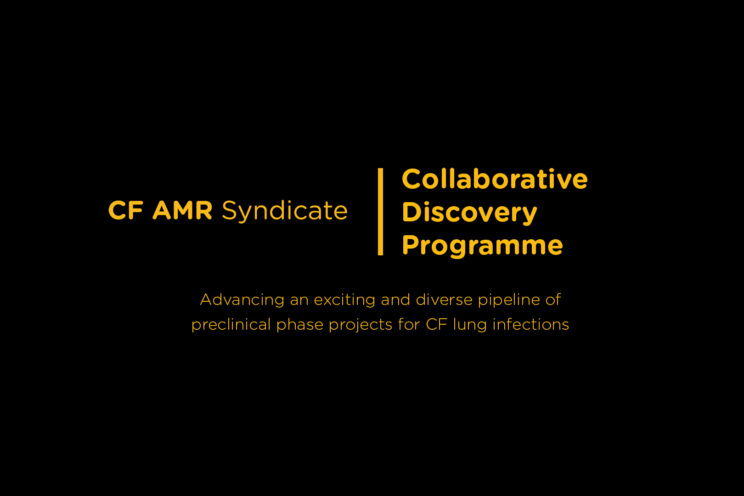
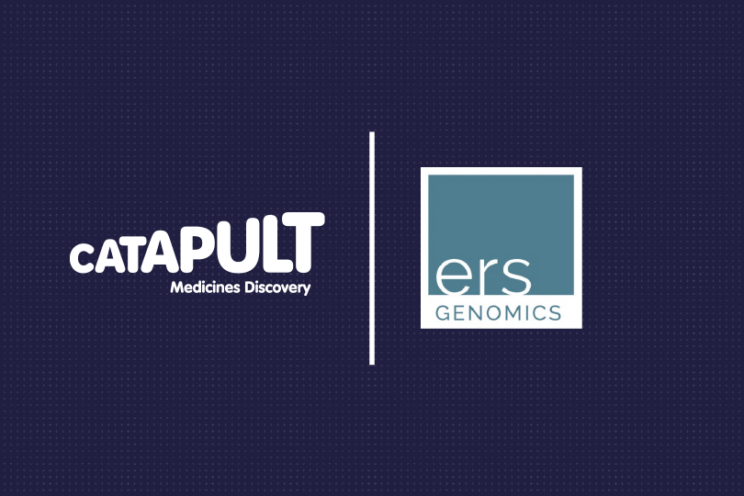
Get the latest news, blogs, reports, publications and upcoming events direct to your inbox every month.
See how we can help support you with your next drug discovery project.
Speak to us